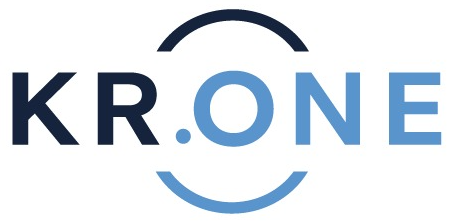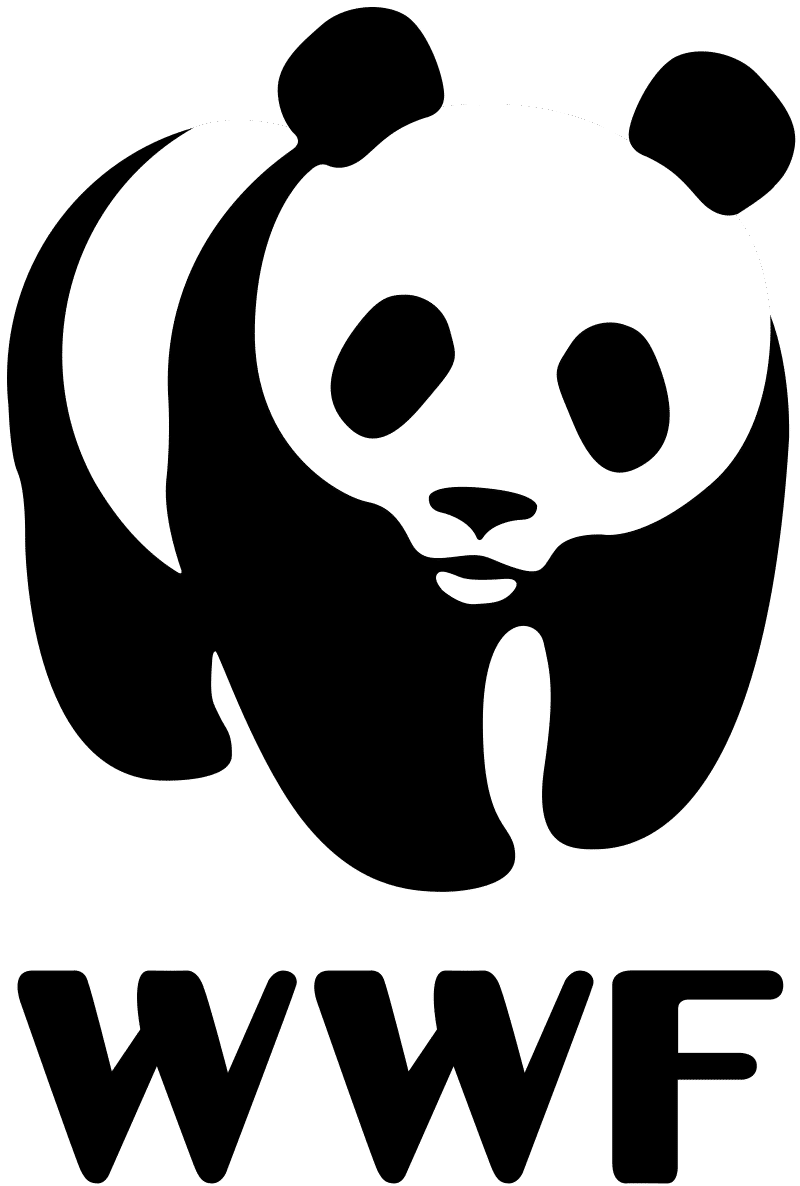Corruption remains one of the challenges in many other parts of the world. From working extensively on anti-corruption strategies, I’ve observed that it’s a complex issue involving both governmental and private entities.
The South African government’s commitment to combating corruption is reflected in various legislative frameworks and anti-corruption institutions, such as the Public Protector’s Office and the Special Investigating Unit (SIU). These bodies aim to foster transparency and accountability within both the public and private sectors. The efforts have seen mixed results, as perceptions of corruption still persist among citizens. It’s not about pointing fingers but rather understanding that battling corruption in such a vast system is a continuous process.
As someone who frequently examines these issues, I’ve found that the challenges lie in both enforcement and societal attitudes toward corruption. A significant breakthrough came with the establishment of the Zondo Commission, which thoroughly investigated allegations of state capture and political misconduct. Its findings have provided a roadmap for reform and accountability.
According to Transparency International’s Corruption Perception Index (CPI), South Africa has faced fluctuations in its ranking over the years. The CPI illustrates how citizens perceive corruption and highlights areas that require further improvement. Transparency International provides further insights into how corruption is perceived in the country and the steps being taken to improve accountability.
So while the new government has made strides in addressing corruption, ongoing efforts and a collective commitment to fostering an ethical culture are essential for sustainable progress.







